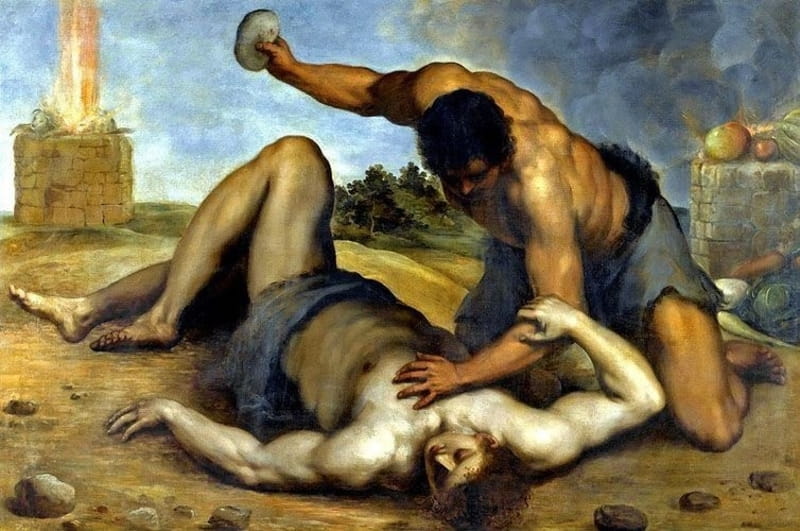Because it is my name! Because I cannot have another in my life! Because I lie and sign myself to lies! Because I am not worth the dust on the feet of them that hang! How may I live without my name? I have given you my soul; leave me my name!
Proctor seeks to preserve some shred of integrity, ashamed to have given a false confession in order to save his life. He recognises that by publicly confessing to an alliance with the devil, he will feed Salem's fury, essentially supporting the senseless murders of his friends by giving in to the court's demands. The "soul" he has supposedly given to Danforth is his personal and spiritual integrity, in confessing he has cast aside all of his cherished values.

